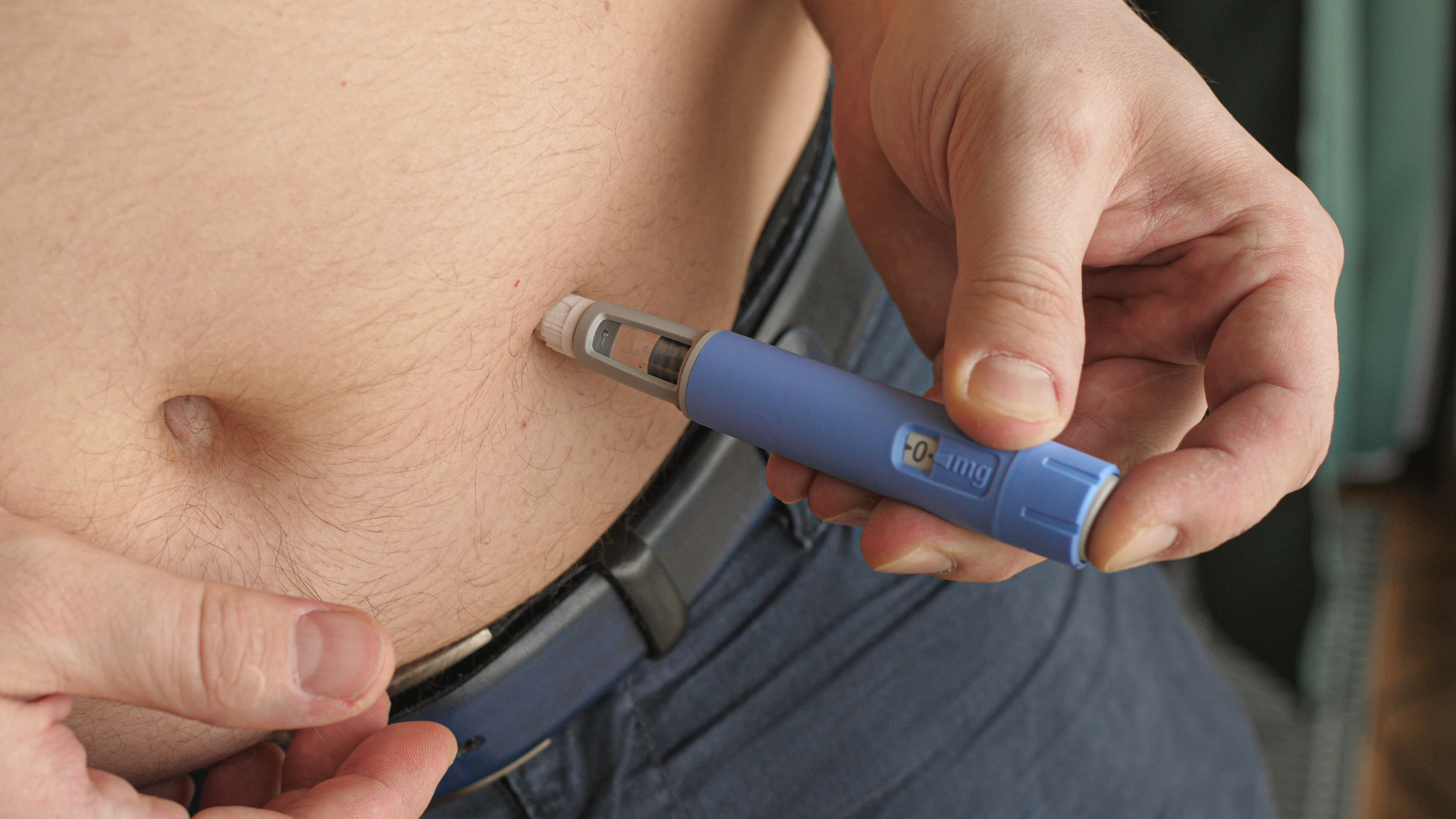A new machine learning model developed by researchers at Mass General Brigham can predict the risk of postpartum depression (PPD) in patients using readily available clinical and demographic data. PPD impacts up to 15% of new parents following childbirth, and early identification of those at risk can facilitate timely mental health support.
The study, published in the American Journal of Psychiatry, highlights the need for better risk assessment tools. Lead author Dr. Mark Clapp from Massachusetts General Hospital explained that many parents may experience persistent sadness and anxiety during the postpartum period, often without immediate mental health care. Traditional assessments for PPD occur during follow-up visits 6 to 8 weeks after delivery, leaving many vulnerable individuals without support during a critical time.
The researchers designed a predictive model that utilizes data readily available in electronic health records (EHR) at the time of delivery, including demographic information, medical history, and prior visit data. This model processes these variables to provide a more accurate risk assessment for developing PPD.
To validate the model, the team analyzed data from 29,168 pregnant patients who delivered at various facilities within the Mass General Brigham system from 2017 to 2022. Of these patients, 9% experienced PPD symptoms within the first six months post-delivery. The model was trained on half of this patient data and subsequently tested on the other half, achieving a 90% accuracy rate in ruling out PPD.
When the model identified patients as high risk, nearly 30% developed PPD within six months after giving birth. This predictive capability is two to three times more effective than general population risk estimates. Furthermore, the model maintained consistent performance across different racial, ethnic, and age groups.
The researchers excluded individuals with prior psychiatric diagnoses to evaluate the model’s effectiveness among low-risk patients. They discovered that scores from the Edinburgh Postnatal Depression Scale taken during pregnancy significantly improved the model’s predictive accuracy, suggesting its usefulness in both prenatal and postpartum assessments.
Currently, the research team is testing the model’s effectiveness in real-world clinical settings and collaborating with patients and healthcare providers to integrate the findings into practice. Dr. Clapp expressed optimism about the potential of this tool, stating that with additional validation, it could lead to earlier detection of PPD and improved mental health outcomes for new parents.



